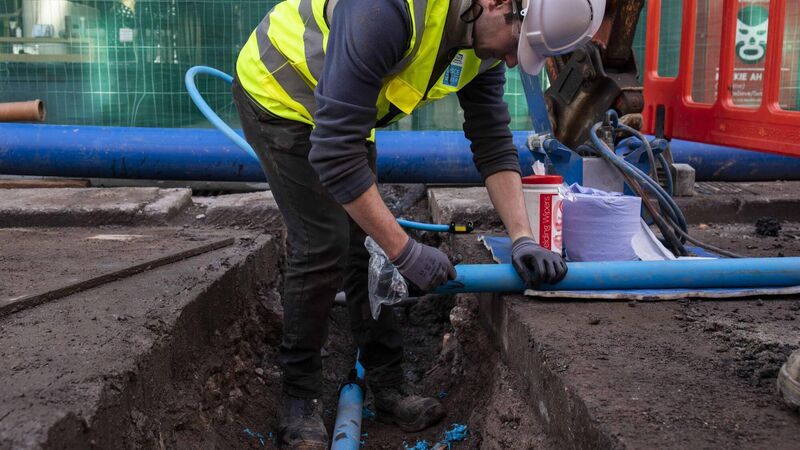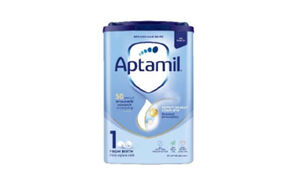Thirty-three Irish towns and villages will continue to discharge raw sewage after 2021

The Covid-19 pandemic has put a severe strain on Irish Water's finances, the Water Advisory Body has said.
The lack of progress on fixing Ireland's outdated water infrastructure means 19 large towns and cities did not meet EU standards set to protect the environment, a report has found.
The Water Advisory Body (WAB), an independent statutory body established in 2018, said that in addition to the 19 towns and cities cited, a further 33 towns and villages will continue discharging raw sewage after 2021 because they will still not have a wastewater treatment plant.









